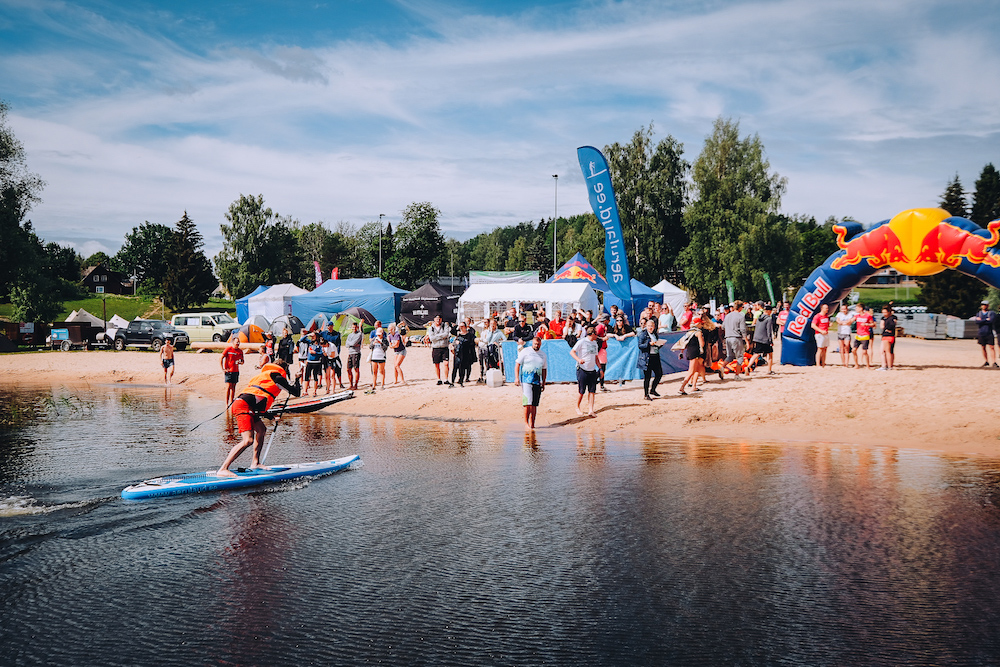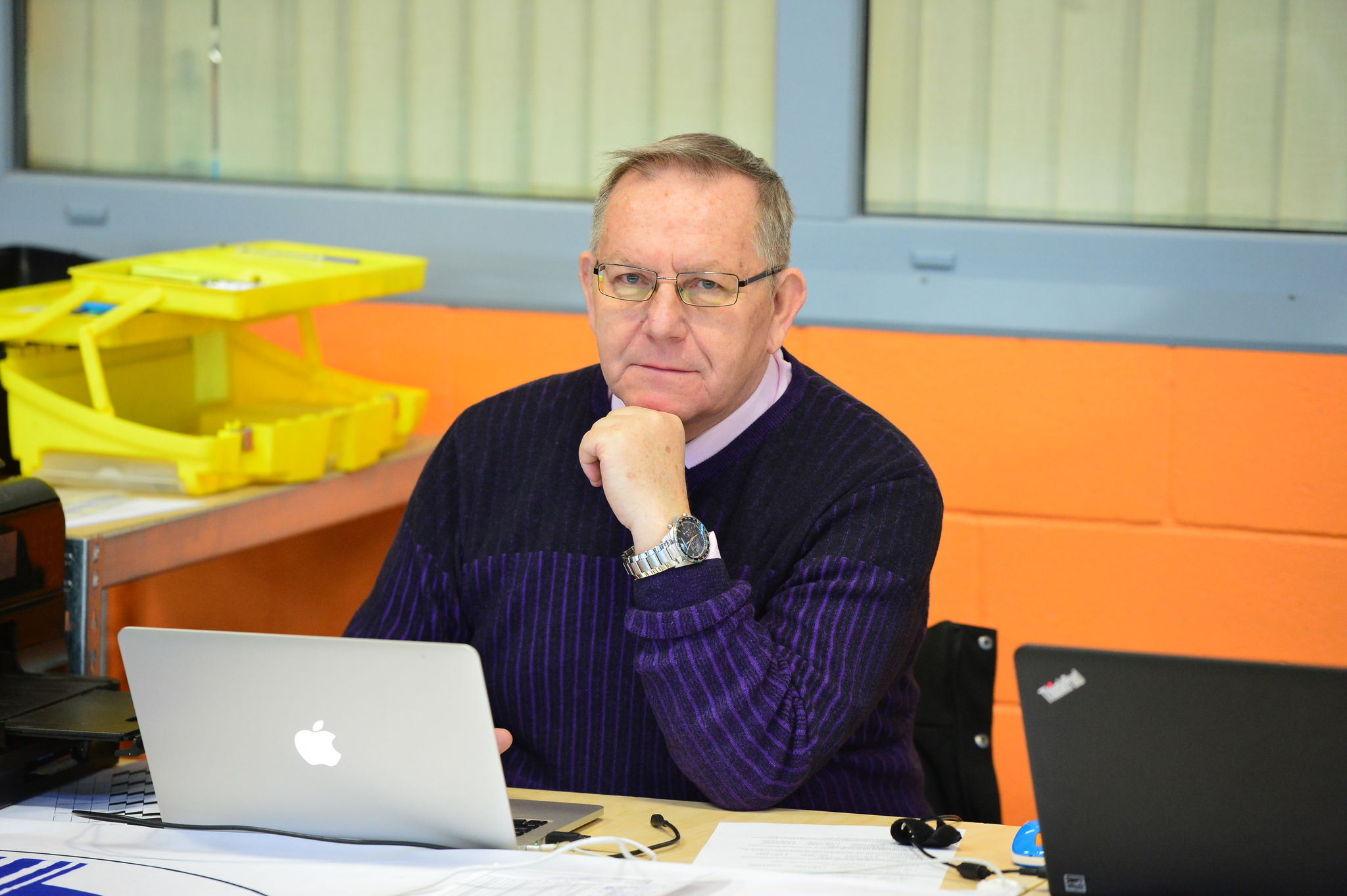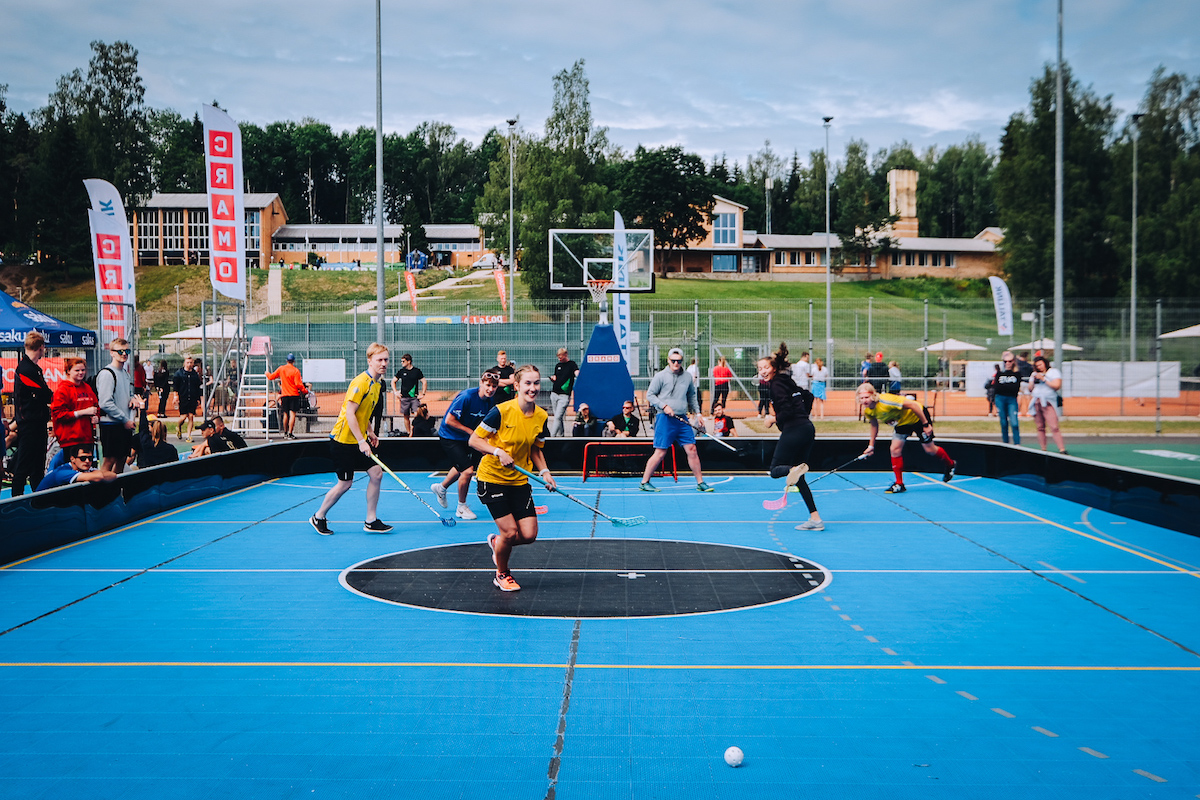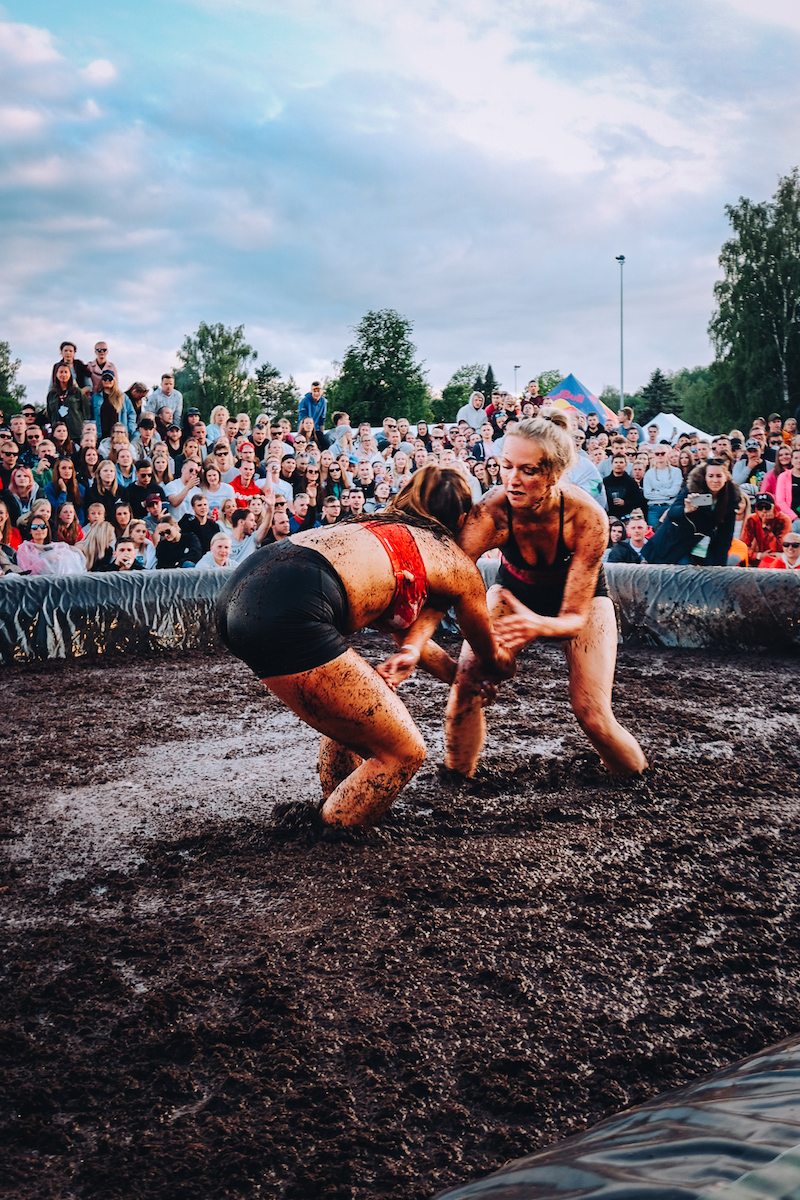 The Estonian Academic Sports Federation (EASF) is relatively young. It was formally established on 15 January 1992. The establishment was preceded by more than a year of negotiations between higher education institutions and the sports ministry. In addition to higher education institutions, the ministry also became one of EASF’s founders.
The Estonian Academic Sports Federation (EASF) is relatively young. It was formally established on 15 January 1992. The establishment was preceded by more than a year of negotiations between higher education institutions and the sports ministry. In addition to higher education institutions, the ministry also became one of EASF’s founders.
“The founding negotiations were led by Valter Lenk, a lecturer at the University of Tartu. Thanks to him, the foundation was eventually made,” says Ants Veetõusme, the President of the Estonian Academic Sports Federation (EASF). Valter Lenk was also the Vice President of EASF between 1992-2005.
Over the last six years, EASF has taken a big leap in academic sports – thanks to Lenk’s leadership, the SELL Games were restored in 1998. The SELL Games are international student sports competitions held alternately in Finland (Suomi), Estonia (Eesti), Latvia (Latvija) and Lithuania (Lietuva).
 It has been 28 years since its inception and the progress continues. “The number of EASF member colleges has changed over time, due to the closure of private universities and the merging of different universities. At the moment, EASF has eleven members – all major universities, as well as universities of applied sciences and one private university,” says Veetõusme.
It has been 28 years since its inception and the progress continues. “The number of EASF member colleges has changed over time, due to the closure of private universities and the merging of different universities. At the moment, EASF has eleven members – all major universities, as well as universities of applied sciences and one private university,” says Veetõusme.
2020 has unexpectedly been a difficult year for the whole world. All planned sporting events were canceled during the summer.
Veetõusme says: “It was still possible to describe both our short-term and long-term goals for the future, two months ago, but now it wouldn’t be a practical thing to do in today’s changed world, because we have to first wait to see what happens.”
 “The main goal for this year in professional sports was to participate and win medals at the World Student Championships, EUSA, and SELL Games,” he explains. “In amateur sports, the goal was to successfully conduct YLISPORT competitions (the Winter Games, the Summer Games, and YliBall) and to organise two seminars for volunteer sports managers,” he says.
“The main goal for this year in professional sports was to participate and win medals at the World Student Championships, EUSA, and SELL Games,” he explains. “In amateur sports, the goal was to successfully conduct YLISPORT competitions (the Winter Games, the Summer Games, and YliBall) and to organise two seminars for volunteer sports managers,” he says.
“Although our Winter Games were successfully held, the other events are now under question. Both 5-year and 10-year plans can no longer be talked about now, because it is necessary to clarify the situation beforehand. But our wish is to hold the SELL Games in 2022 and the World University Championship Weightlifting in the future.”
Apart from the current situation in the world, EASF still has some difficulties that are related to the financing of sports events. “A lot also depends on the state funding,” adds Veetõusme. “Which has been cut by more than a third in the last two years. This is why so many good ideas remain unfulfilled.” Nevertheless, Estonia has been successful in organising sports events.
 An example of this is the organization of the above-mentioned YLISPORT Winter Games, Summer Games, and YliBall. More than 2,500 students take part in the YLISPORT series of events every year. Each programme is exciting in its own way. Winter Games are a three-day winter sporting event between students, where all possible winter sports are performed in any weather.
An example of this is the organization of the above-mentioned YLISPORT Winter Games, Summer Games, and YliBall. More than 2,500 students take part in the YLISPORT series of events every year. Each programme is exciting in its own way. Winter Games are a three-day winter sporting event between students, where all possible winter sports are performed in any weather.
The event has disciplines for every level of skill and experience, meaning that everyone can take part. In total, the programme has more than 20 different entertainment and sports disciplines. Summer Games is the largest (not only in Estonia but also in the Baltic region) and the only sporting and entertainment event geared towards university students.
There are over 40 different sports in this programme. During the Games, traditional women’s mud wrestling (left) and many other captivating events take place. In addition to students, university rectors and vice-rectors also participate in the Summer Games. YliBall is a two-day entertaining ball game festival. The programme includes: 3×3 basketball, blind volleyball, plush-football, dodgeball, basketball free throws, and fun relay races. Each programme involves volunteers who help to organize and run the competition.
Estonia operates well, as great attention is paid not only to professional sports, but also to amateur sports. This way it is possible to involve all the students to be active and play sports. It is safe to say that we are now on the right track.